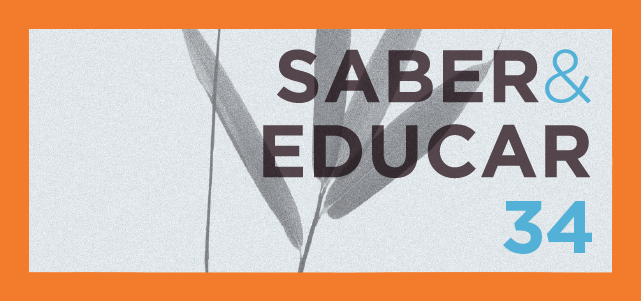Dos Condicionamentos Administrativos aos Constrangimentos Pedagógicos no Ensino Superior
Keywords:
Bolonha, formação, cultura, cidadania, profissãoAbstract
Bolonha trouxe a uniformização dos principais parâmetros dos ciclos de estudo no ensino superior europeu, designadamente no que se refere à sua duração e caráter profissionalizante. No caso português, tal significou o encurtamento dos períodos de formação e a adoção de um alegado maior pragmatismo curricular.
Volvido um tempo de aplicação suficientemente longo de aplicação do paradigma de Bolonha, importa fazer o seu questionamento crítico, recorrendo-se para este efeito à mobilização e aplicação de critérios hermenêuticos, epistemológicos e antropológicos que possam validamente questionar a própria legitimidade e validade pedagógicas das reformas introduzidas.
References
Atlan, H. (1991). L’intuition du complexe et ses théorisations. In F. Fogelman-Soulié (Org.), Les théories de la complexité, autour de l’oeuvre d’Henri Atlan (pp. 35-45). Seuil.
Benítez, L. (2009). Atividades e recursos para educar em valores. PCC.
Callari Galli, M., Cambi, F., & Ceruti, M. (2003). Formare alla complessità: Prospettive dell'educazione nelle società globali. Carocci.
Deleuze, G. (2010). L’empirisme transcendantal. PUF.
Gadamer, H.- G. (1999). Verdade e método. Vozes.
Rorty, R. (1988). A Filosofia e o espelho da natureza. Dom Quixote.
Published
How to Cite
Issue
Section
License
Copyright (c) 2025 Adalberto Dias de Carvalho

This work is licensed under a Creative Commons Attribution-NonCommercial-ShareAlike 4.0 International License.
- The opinions expressed by the authors are their exclusive responsibility.
- The journal reserves the right to make the original, normative changes, spelling and grammar, in order to maintain the standard language of worship, while respecting the style of the authors.
- Authors retain copyright and grant the journal right of first publication with the work simultaneously licensed under a Creative Commons Attribution License (BY-NC-SA 4.0) that allows others to share the work with an acknowledgement of the work's authorship and initial publication in this journal.
- Authors are able to enter into separate, additional contractual arrangements for the non-exclusive distribution of the journal's published version of the work (e.g., post it to an institutional repository or publish it in a book), with an acknowledgement of its initial publication in this journal.
- Authors are permitted and encouraged to post their work online (e.g., in institutional repositories or on their website) prior to and during the submission process, as it can lead to productive exchanges, as well as earlier and greater citation of published work (See The Effect of Open Access).
PRIVACY STATEMENT
The names and email addresses entered in this journal site will be used exclusively for the stated purposes of this journal and will not be made available for any other purpose or to any other party.





